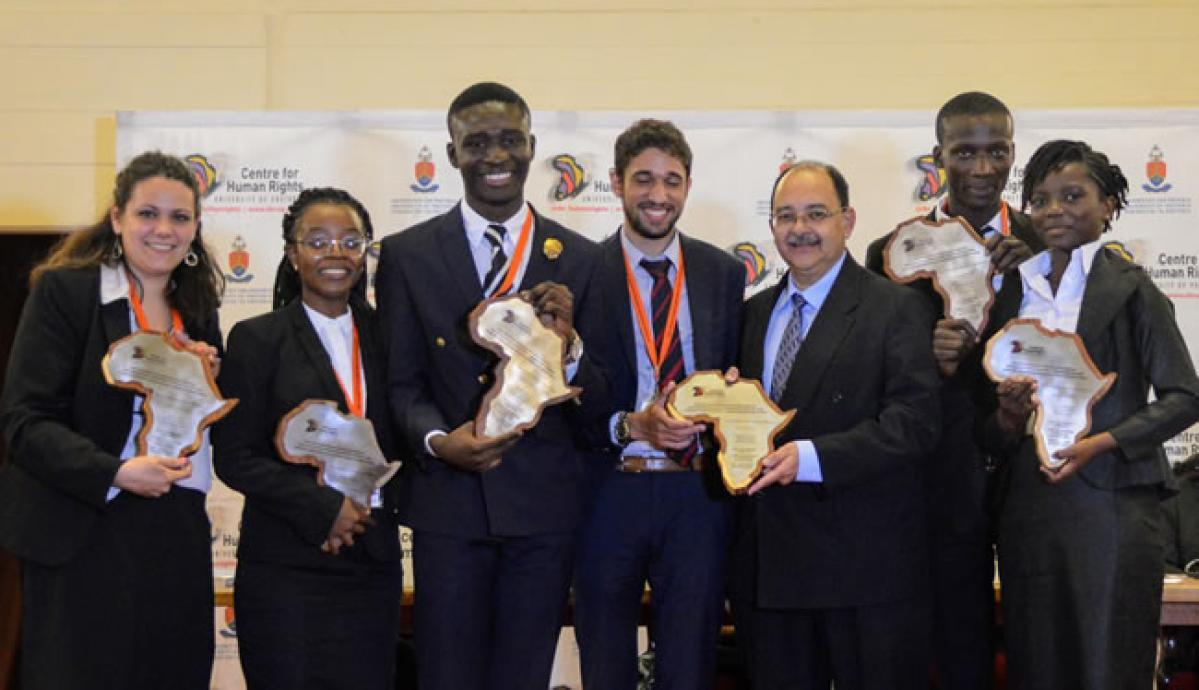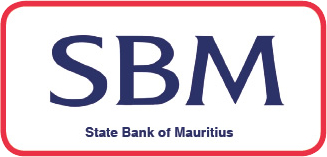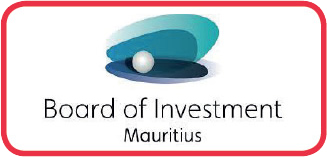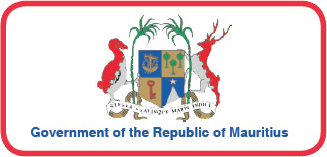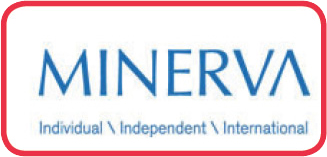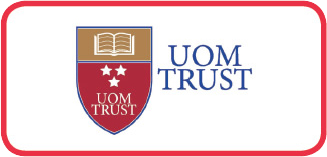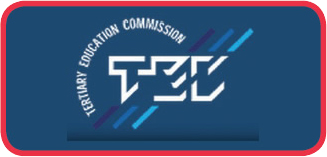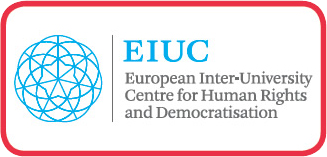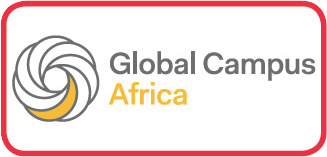The African Human Rights Moot Court Competition is the largest gathering of students, academics and judges around the theme of human rights in Africa. This annual event brings together all law faculties in Africa, whose top students argue a hypothetical human rights case as if they were before the African Court on Human and Peoples’ Rights. The Competition aims to prepare a new generation of lawyers to argue cases of alleged human rights violations before the African Court.
Since its creation in 1992, 145 universities from 50 African countries have taken part in its permanent fixture on the Africa legal education calendar. The Moot has been a catalyst for the establishment of the leading programmes in the field of human rights teaching and research in Africa. In 2016, the 25th edition of the Moot Court Competition was hosted at the University of Pretoria in collaboration with the African Commission on Human and Peoples ‘Rights. The event brought together 190 participants and 59 teams from 20 African countries. The Moot has become a permanent fixture on the calendar of many African Universities and students compete fiercely to be selected as ambassadors of their university and country.
In 2017, the Moot Competition will tackle issues related to the rights to development and freedom of expression. The 26th African Human Rights Moot Court Competition is hosted and held at the University of Mauritius from 18 to 23 September 2017, in Réduit, Mauritius.
From Sunday, 17 September 2017, the island nation renowned for its lush tropical vegetation, sugar cane plantations, spectacular mountains, white sandy beaches, lagoons and an exotic mix of Indian, African, British, French and Chinese cultural influences, welcomed students, lecturer, human rights academics and experts from all over Africa for the 26th African Human Rights Moot Court Competition.
Every year, all faculties of law in Africa are invited to send a team of two students – preferably one man and one woman – as well as their lecturer in human rights or international law, to participate in the African Human Rights Moot Court Competition. Teams argue a hypothetical human rights case as if they are before the African Court on Human and Peoples’ Rights. This six-day event also includes a one-day international conference and sees the participation of students, academics, judges and experts from all over Africa and the world.
This year, the event brought together 45 Anglophone, 6 Francophone and 3 Lusophone teams.
Sponsors
The 26th African Human Rights Moot Court Competition would not have been possible without the support of theses donors:
- State Bank of Mauritius
- Board of Investment Mauritius
- Government of the Republic of Mauritius
- University of Mauritius Trust
- Tertiary Education Commission
- European Union
- European Inter-University Centre for Human Rights and Democratisation (EIUC)
- Global Campus of Human Rights
Registration and Opening Ceremony
Students and faculty representatives appeared in their traditional attires and undertook registration formalities at the Raise Plaza New Academic Building (NAC), University of Mauritius on 18 September, where they submitted their memorials (written heads of argument) and received the leading publications on human rights in Africa published by the Pretoria University Law Press (PULP) as well as branded T-shirts and bags.
The opening ceremony was held at the Paul Octave Wiehe (POWA) Auditorium, University of Mauritius. Mr. Norman Taku, Assistant Director of the Centre for Human Rights welcomed all participants and guests. He encouraged Moot participants to take full advantage of the Moot Competition and the opportunities it creates for personal growth, urging them to be persistent and determined in working for a better Africa and a fairer world. Mr Taku inspired the students with the life of the Attorney General and Minister of Justice of Mauritius who with Mr. Taku participated as a moot participant in the 3rd African Human Rights Moot held in 1995.
Dr Geetanee Napal, Dean of the Faculty of Law and Management, Honourable Maneesh Gobin, Attorney General and Minister of Justice who was a moot participant in 1995 and Prof. Dhanjay Jhurry, Vice Chancellor, University of Mauritius, warmly welcomed participants on behalf of the University and Republic of Mauritius.
The keynote address was delivered by His Excellency Mr Paramasivum Pillay Vyapoory G.O.S.K, the vice president now the acting President of Mauritius representing Her Excellency President Ameenah Gurib. The acting president urged the students to be the best they can in life and be conscientious lawyers as they grow in the legal career. He also commended the Centre for Human Rights for taking the initiative to commence the African Human Rights Moot as it has not only served as a source of human rights education but has also contributed in shaping the human rights discourse in Africa.
Preliminary Rounds
Held on 19 and 20 September at the Faculty of Law and Management, University of Mauritius, the preliminary rounds involved all participating teams arguing the hypothetical case four times: twice as Applicant and twice as Respondent. The rounds are held separately in English, French and Portuguese and panels of judges made up of law lecturers (faculty representatives) and other human rights law experts. Scores were awarded based on the following criteria:
- Knowledge of facts
- Articulation and correct analysis of issues
- Familiarity with international law, with preference for African authorities
- Persuasiveness
- Ingenuity
- Organisation
- Ability to respond to questions
The scores were verified and audited by Mr Edouard Jacot Guilarmod, Member of the Advisory Board of the Centre for Human Rights and Chartered Accountant. After the perusal of the score sheets by participants, the finalists who were proceeding to the final round were announced.
The finalists were:
Anglophone:
- Rhodes University, South Africa
- University of Malawi Chancellor College
- American University in Cairo, Egypt
- University of Ghana
Francophone:
- Université Félix Houphouët-Boigny Cocody, Cote d'Ivoire
Lusophone:
- Universidade Jean Piaget de Angola
Excursion
On 21 September, Moot participants and faculty representatives spend the day at Le Morne Beach which is located at the peninsula on the West Coast of Mauritius at the foot of the historical Morne Brabant Mountain listed as one of the World’s heritage sites by UNESCO. Both the organisers of the moot and staff of the Centre for Human Rights on the other hand spend the day at the majestic Ile aux cerfs, an island known for its beauty and tranquility.
Conference
An essential component of the Moot week is the one-day human rights conference. Organised in partnership with the University of Mauritius in Mauritius on 21 September, the conference was themed: the Maputo Protocol and poverty alleviation: towards the realisation of women's rights in Africa.
The conference was opened by Judge Lucy Asuagbor, Commissioner and Special Rapporteur, on the rights of women in Africa of the African Commission on Human and Peoples’ Rights and Prof Frans Viljoen Director of the Centre for Human Rights. There were two sessions which brought together academics, human rights experts and law students from across the African continent. The following papers were delivered at the conference:
Session 1
- The Maputo Protocol and the realization of women’s rights in Mauritius by Roopanand Mahadew & Dr. Ashwanee Budoo
- The non-domestication of the Maputo Protocol and it potential impact on marital rape as a human right violation in Mauritius by Vishni Nursimhulu
- Poverty alleviation: The Mauritian experience by Rajen Narsinghen & Tania Diolle
Session 2
- Realising the social economic rights of women through the Maputo Protocol by Henrietta Ekefre.
- Indignity, poverty and dashed hopes: Zimbabwe’s legal duties and the plight of elderly women in rural areas byDr Thompson Chengeta.
Final Round and Closing Ceremony
The final round of the 26th African Human Rights Moot Court Competition was held at Sir Harilal Vaghjee Hall in Port Louis, Mauritius. The following eminent personalities served as judges:
- Judge Marc France E Ballancy
Senior Puisne Judge of the Supreme Court of Mauritius
- Justice Edwin Cameron
Judge of the Constitutional Court of South Africa
- Dr David Padilla
Former Assistant Executive Secretary Inter American Commission on Human Rights
- Judge Lucy Asuagbor
Commissioner and Special Rapporteur on the rights of women in Africa: African Commission on Human and Peoples’ Rights
- Judge Angelo Vasco Matusse
Judge of the African Court on Human and Peoples' Rights
His Excellency Mr Paramasivum Pillay Vyapoory G.O.S.K. Vice-President of the Republic of was also in attendance at the final round of the Moot Court Competition.
Applicant team:
- Rhodes University, South Africa
- University of Malawi Chancellor College
- Universidade Jean Piaget de Angola
Respondent team:
- American University in Cairo, Egypt
- University of Ghana
- Université Félix Houphouët-Boigny Cocody, Cote d'Ivoire
As the ultimate tour de force of the Moot Court Competition, students in the final displayed a high level of knowledge and skills, displayed great dexterity in answering judges’ questions, dodged their traps and even challenged some of the judges in return.
Judges recessed in order to deliberate and, on their return, offered advice and observations to the students. They mentioned how impressed they were by the high quality of the arguments, the depth of research and the interesting arguments put forward.
The winners were the respondents.
Preliminary Rounds: Results
The results of the Moot Court Competition are verified by an independent auditor, Mr Edouard Jacot Guillarmod, a Chartered Accountant. The following results are a summary of the top achievers in the Preliminary Rounds:
English: Top 10 Teams
- Team 14 - American University Cairo, Egypt(78,30%)
- Team 33 - University of Ghana, Ghana(77,96%)
- Team 38 - Rhodes University,South Africa(76,67%)
- Team 29 - Kwame Nkrumah University of Science and Tech, Ghana(75,85%)
- Team 3 - University of the Free State,South Africa(75,45%)
- Team 10 - University of Johannesburg,South Africa(75,20%)
- Team 8 - University of Malawi, Chancellor College, Malawi(75,03%)
- Team 31 - Strathmore University,Kenya(74,46%)
- Team 44 - University of Nairobi,Kenya(74,37%)
- Team 20 - Makerere University, Uganda (73,86%)
- Team 10 - University of Johannesburg,South Africa(81,13%)
- Team 8 - University of Malawi,Chancellor College Malawi (77,25%)
- Team 30 - Wollo University,Ethiopia (77,00%)
- Team 33 - University of Ghana,Ghana (77,00%)
- Team 14 - American University in Cairo,Egypt(76,65%)
- Team 14 - American University in Cairo, Claire McNally (28,13) 80.4%
- Team 33 - University of Ghana, Kobby Afari Yeboah (27,81) 79.5%
- Team 3 - University of the Free State, Herman du Randt(27,50) 78.6%
- Team 38 - Rhodes University, Abigail Carol Butcher (27,34) 78.1%
- Team 14 - American University in Cairo, Mohamed Kouta (27,14) 77.5%
- Team 33 - University of Ghana,Sarah Afoa Gyimah(27,05) 77.3%
- Team 29 - Kwame Nkrumah University of Science and Tech,Benedict Nii Adjei Nii-Kraku (26,86) 76.7%
- Team 44 - University of Nairobi,Vance Harouns Wekesa (26,67) 76.2%
- Team 10 - University of Johannesburg,Louis Johan Koen (26,66) 76.1%
- Team 38 - Rhodes University,Aidan Whitaker(26,00) 74.3%
- Team 1 - Université Félix Houphouet Boigny de Cocody, Côte d'Ivoire (82,53%)
- Team 6 - Institut Universitaire d'Abidjan, Côte d'Ivoire(77,76%)
- Team 2 - University de Maurice, Mauritius (75,96%)
- Team 2 - University de Maurice,Mauritius (77,75%)
- Team 1 - Université Félix Houphouet Boigny de Cocody,Côte d'Ivoire (77,25%)
- Team 1 - Université Félix Houphouet Boigny de Cocody, Côte d'Ivoire, Devinh Georges Arnaud Oulla (30,29) 86.5%
- Team 6 - Institut Universitaire d'Abidjan, Côte d'Ivoire, Hyacinthe-Arnaud junior Yao Kpri II Tiacoh(29,82) 85.2%
- Team 1 - Université Félix Houphouet Boigny de Cocody, Côte d'Ivoire,Kayassing Soro(29,06) 83%
- Team 6 - Institut Universitaire d'Abidjan, Côte d'Ivoire, Akoua Marie Aurélie Monique Anthenor(28,36) 75.3%
- Team 3 - Université Gaston Berger de Saint Louis,Senegal, Ouleymatou Diouf (27,47) 78.5%
- Team 3 - Universidade Jean Piaget Angola, Angola(68,77%)
- Team 2 - Universidade Eduardo Mondlane, Mozambique(66,35%)
- Team 1 - Universidade Católica de Mocambique, Mozambique(65,17%)
- Team 2 - Universidade Eduardo Mondlane, Mozambique (83,75%)
- Team 3 - Universidade Jean Piage Angola,Angola (80,00%)
- Team 1 - Universidade Católica de Mocambique, Mozambique(79,75%)
- Team 3 - Universidade Jean Piaget Angola,Angola,Leopldina Godimho Ventura (22,49) 64.3%
- Team 3 - Universidade Jean Piaget Angola,Angola,Kaditu Kazembe Simão(22,28) 63.7%
- Team 1 - Universidade Católica de Mocambique, Mozambique,Albertina Celma Cassiano Nhacumbe (21,03 ) 60%
- Team 2 - Universidade Eduardo Mondlane,Mozambique, Messias Marcos Muchanga (20,96) 59.9%
- Team 2 - Universidade Eduardo Mondlane, Mozambique, Cândida Eunízia Custódio Chelengo (20,27) 57.9%

